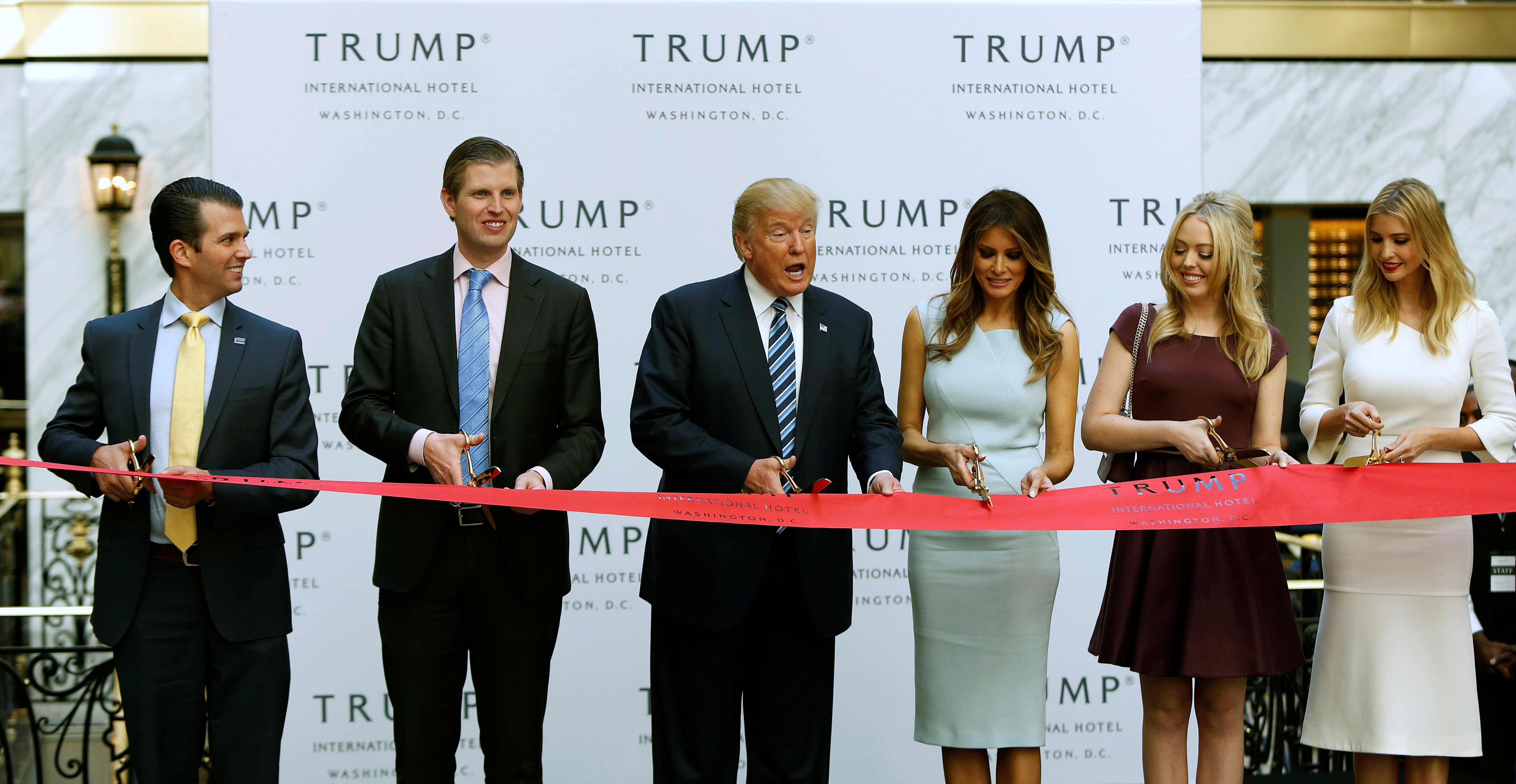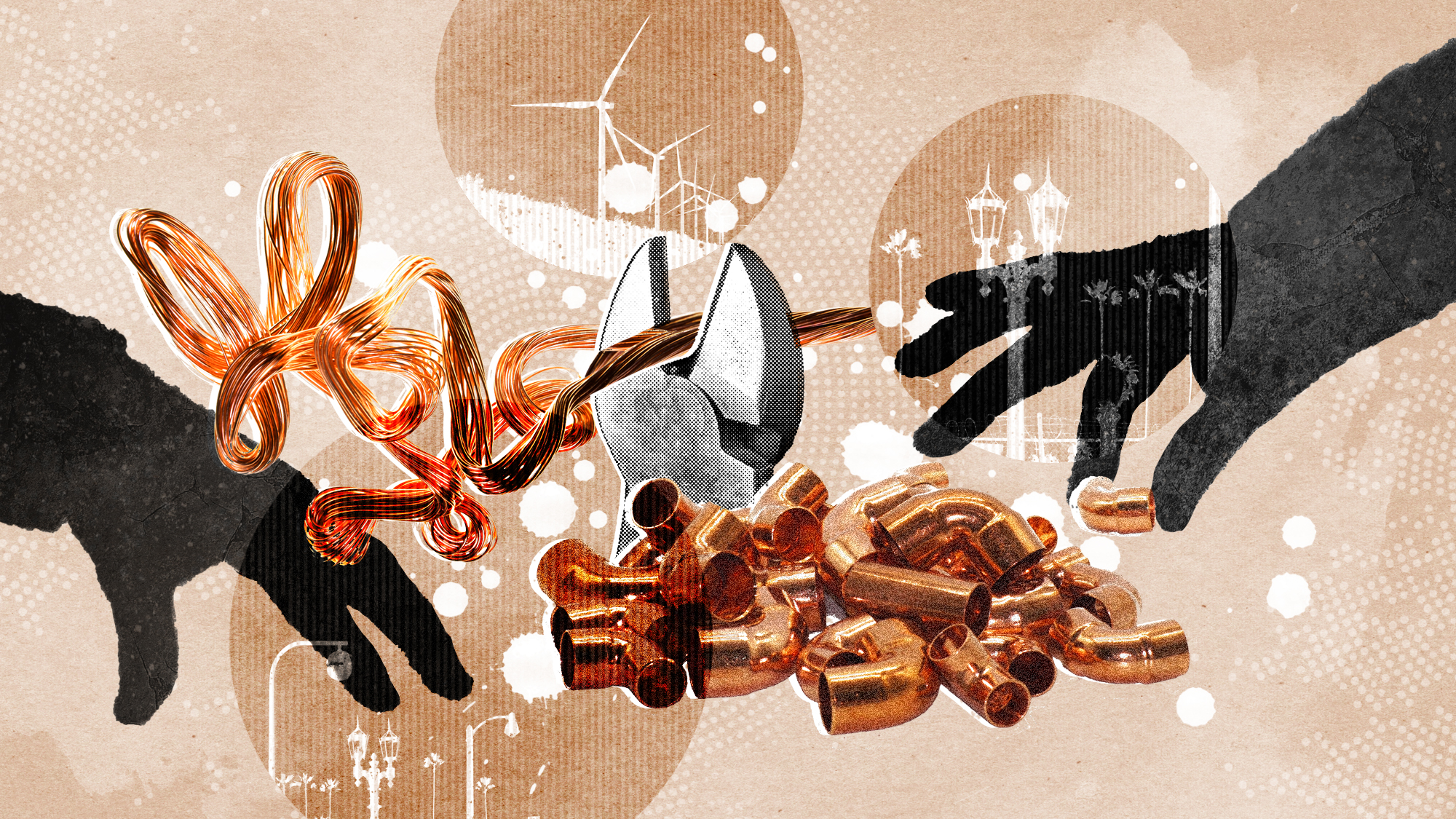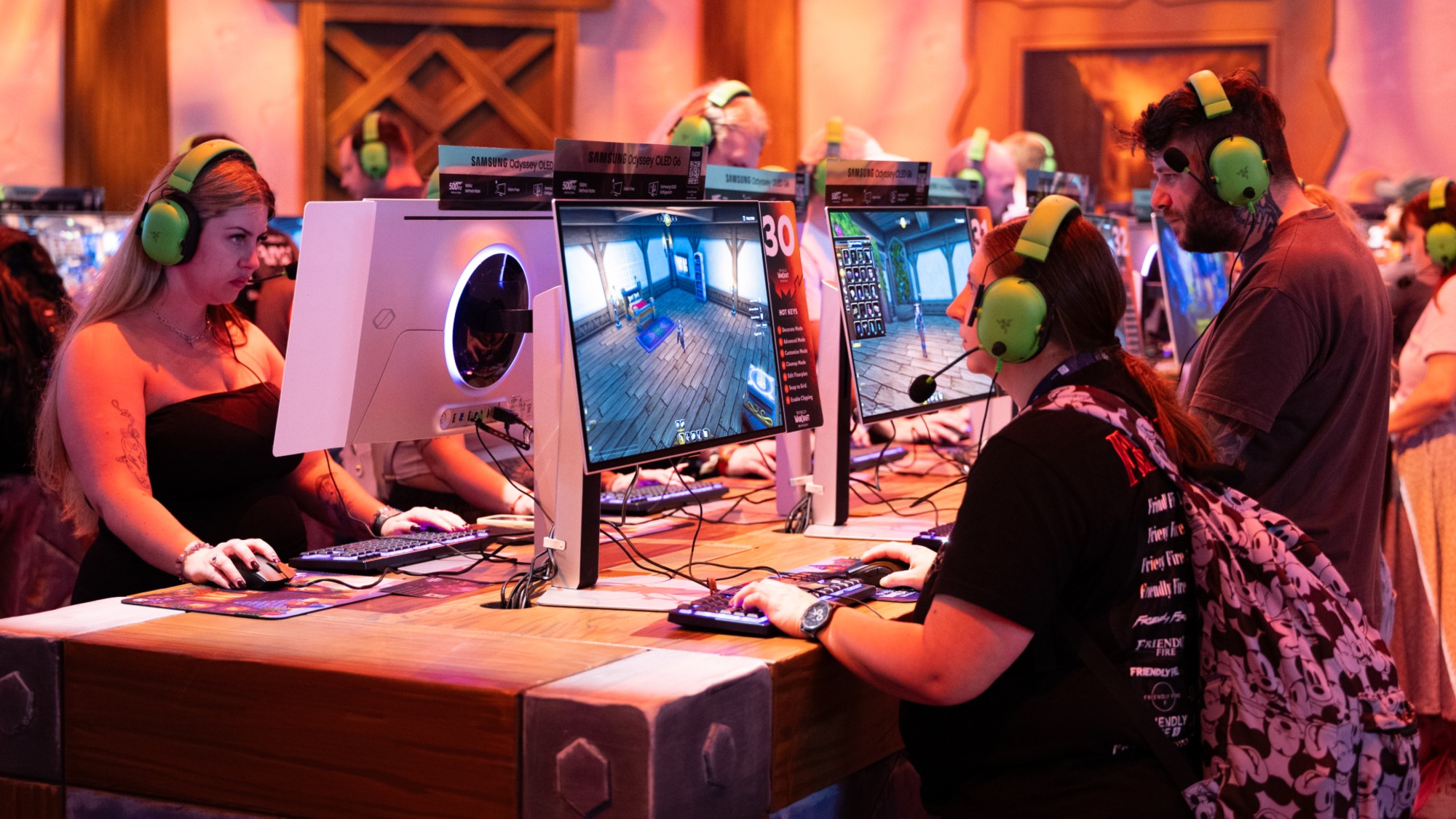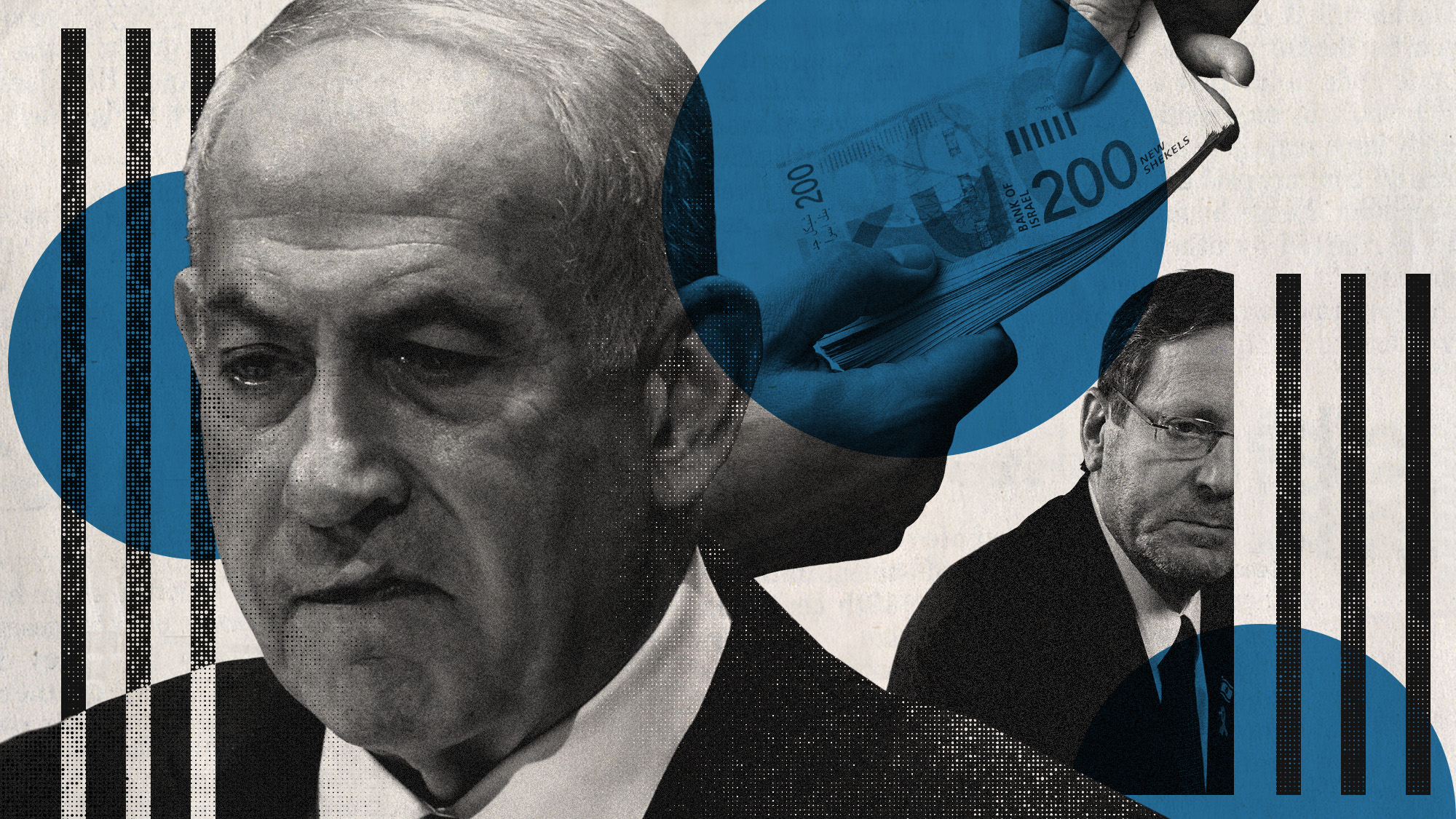The one thing you must always remember about President Trump
He does not care enough about the American presidency to give up his business for it


President Trump isn't exactly a man of mystery. He has willed himself to be a public figure for more than 30 years, has written numerous books about himself and seen others written about him, hosted two conjoined reality TV shows, and was a staple of cable TV, talk radio, and tabloids for many, many years. He appears to lack basic impulse control — his Twitter account seems bio-electronically connected to his id — but we don't know that for sure. In fact, while it is hard to think of something that hasn't already been written about Trump, there are lots of things we don't really know.
Does he like being president? Maybe. Is he happy in his marriage? That's not really our business. Did he really not think America was great before his election? As Sean Spicer might say, his slogan speaks for itself. Does he believe all the untrue things he says? Who knows? Willful belief is a powerful drug. Is he mentally stable? That's inappropriate to judge without a proper in-person analysis by a trained professional. Does he really want to help blue-collar workers in small-town America? Probably — don't you? Why are Trump's policies so in line with Russian President Vladimir Putin's, a U.S. adversary that almost certainly meddled in the U.S. election? There are multiple investigations looking into that.
Speculation about Trump and his madcap White House life is now its own industry, and to some extent Trump must appreciate the attention. But we know one important thing about Trump with rock-solid certainty, and it's easy to lose sight of amid all the smoke and mirrors, bread and circuses, Sturm und Drang.
The Week
Escape your echo chamber. Get the facts behind the news, plus analysis from multiple perspectives.

Sign up for The Week's Free Newsletters
From our morning news briefing to a weekly Good News Newsletter, get the best of The Week delivered directly to your inbox.
From our morning news briefing to a weekly Good News Newsletter, get the best of The Week delivered directly to your inbox.
It is this: Donald Trump does not care enough about the American presidency to give up his business for it. It was a job he didn't think was worth releasing his tax returns to obtain, and now that he has it, Trump has shown zero inclination to let the public know what conflicts of interest his tax documents might reveal, or to take the steps necessary to appropriately minimize the conflicts we know about.
This is not President Jared Kushner, a young man just beginning his career in the high-stakes world of real estate development. Trump is 70 years old, five years past retirement age. He is worth anywhere from a few hundred million dollars to several billions, certainly enough money to live lavishly on interest alone for the rest of his life.
The idea of public service is that you serve the public, not vice versa, and Trump is now America's foremost public servant. Presidents are not forced to wall off their previous businesses and assets to avoid the conflicts of interest that arise when you are the most powerful person on earth, and your decisions move and shape markets. But they always have done so, because the presidency is an honor and more importantly a grave responsibility, and they respect that burden and that gift. Presidents need to be all-in, and Americans need to know that the president is making decisions to serve the country's interests, at least as he sees them, and not his own.
Most presidents put their assets in blind trusts, where they no longer control or know where their assets are invested. Richard Nixon liquidated all his assets and bought two houses. Jimmy Carter voluntarily gave up his beloved Georgia peanut farm business, and he was only 52. He explained why after his victory in 1976:
A free daily email with the biggest news stories of the day – and the best features from TheWeek.com
Well, it was a hard decision for me to make and this is something that I've had to face. I've literally given up my own method of making a living here in Plains. And almost everything you see down here behind us, a lot of this stuff I built with my own hands, even before Billy came home from the Marine Corps. But I don't have any regrets about it. But I don't want any decision that I make as president to have any effect on my own income. The trustee will try to do the best they can and take care of my remaining family here, my mother and Billy, not to disrupt their lives too much. [Jimmy Carter]
His brother Billy, it turns out, siphoned enough money from the farm that Republicans in Congress named a special prosecutor to investigate where Carter's money was going (President Carter was exonerated; Billy Carter had a beer named after him).
Nobody expects Trump to be Jimmy Carter. But Trump has essentially only given over day-to-day control of his business to his two oldest sons, and he is the sole recipient of his not-blind trust. Unlike Carter's peanuts, Trump's licensing and resort business stretches into countries all over the world, including places like Turkey and Kazakhstan. The Atlantic has a running list of Trump's potential conflicts of interest and arguable violations of the Constitution's Emoluments Clause, and it is growing long.
"I don't think divestiture is too high a price to pay to be the president of the United States of America," Walter Shaub, the long-suffering head of the U.S. Office of Government Ethics, said in a softly blistering speech at the Brookings Institution in January. Donald Trump clearly thinks it is too high a price, and whatever his other strengths or weaknesses as president, you should never forget that.
Peter has worked as a news and culture writer and editor at The Week since the site's launch in 2008. He covers politics, world affairs, religion and cultural currents. His journalism career began as a copy editor at a financial newswire and has included editorial positions at The New York Times Magazine, Facts on File, and Oregon State University.
-
 The great global copper swindle
The great global copper swindleUnder the Radar Rising prices and easy access makes the metal a ‘more attractive target for criminals looking for a quick profit’
-
 ‘They’re nervous about playing the game’
‘They’re nervous about playing the game’Instant Opinion Opinion, comment and editorials of the day
-
 Will Netanyahu get a pardon?
Will Netanyahu get a pardon?Today's Big Question Opponents say yes, if he steps down
-
 Has Zohran Mamdani shown the Democrats how to win again?
Has Zohran Mamdani shown the Democrats how to win again?Today’s Big Question New York City mayoral election touted as victory for left-wing populists but moderate centrist wins elsewhere present more complex path for Democratic Party
-
 Millions turn out for anti-Trump ‘No Kings’ rallies
Millions turn out for anti-Trump ‘No Kings’ ralliesSpeed Read An estimated 7 million people participated, 2 million more than at the first ‘No Kings’ protest in June
-
 Ghislaine Maxwell: angling for a Trump pardon
Ghislaine Maxwell: angling for a Trump pardonTalking Point Convicted sex trafficker's testimony could shed new light on president's links to Jeffrey Epstein
-
 The last words and final moments of 40 presidents
The last words and final moments of 40 presidentsThe Explainer Some are eloquent quotes worthy of the holders of the highest office in the nation, and others... aren't
-
 The JFK files: the truth at last?
The JFK files: the truth at last?In The Spotlight More than 64,000 previously classified documents relating the 1963 assassination of John F. Kennedy have been released by the Trump administration
-
 'Seriously, not literally': how should the world take Donald Trump?
'Seriously, not literally': how should the world take Donald Trump?Today's big question White House rhetoric and reality look likely to become increasingly blurred
-
 Will Trump's 'madman' strategy pay off?
Will Trump's 'madman' strategy pay off?Today's Big Question Incoming US president likes to seem unpredictable but, this time round, world leaders could be wise to his playbook
-
 Democrats vs. Republicans: who are US billionaires backing?
Democrats vs. Republicans: who are US billionaires backing?The Explainer Younger tech titans join 'boys' club throwing money and support' behind President Trump, while older plutocrats quietly rebuke new administration
